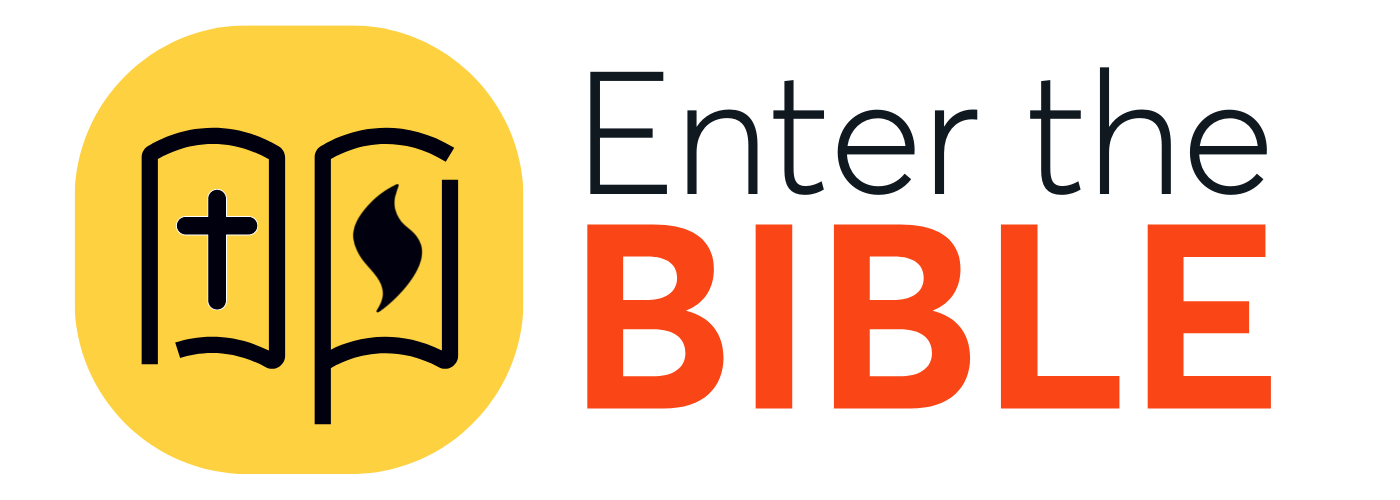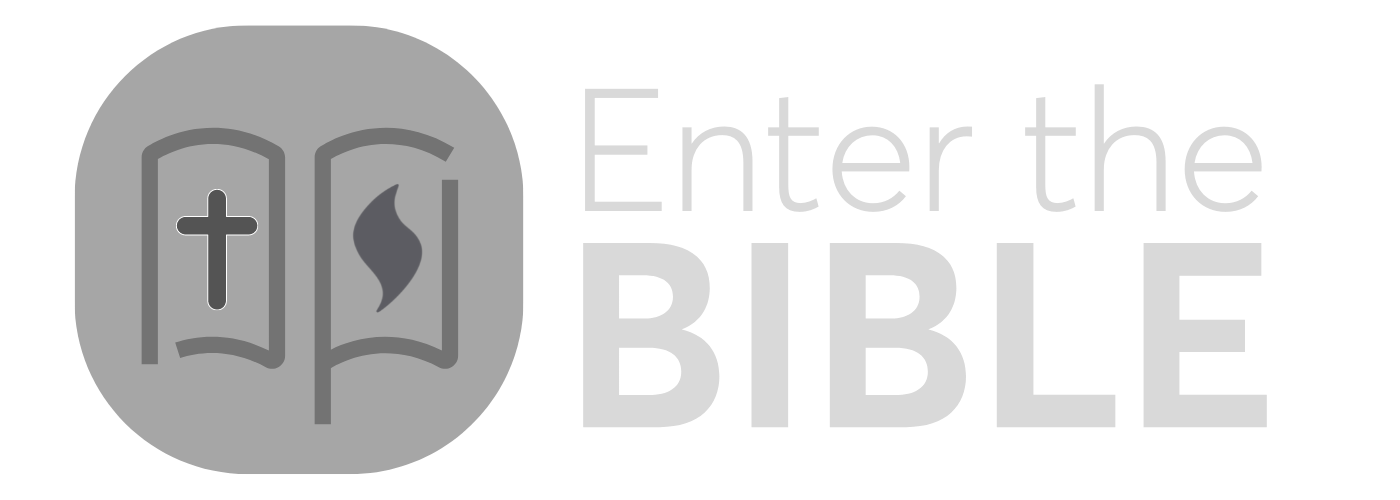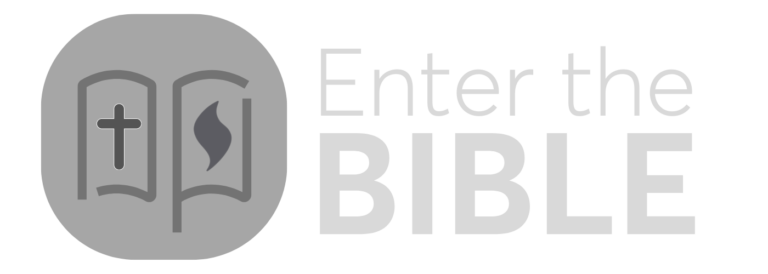Joel is in the line of the classical Old Testament prophets. He knows them and even quotes them. But there are some changes in his message. He seems more connected than most of the earlier prophets with the templeThe Jerusalem temple, unlike the tabernacle, was a permanent structure, although (like the tabernacle) it was a place of worship and religious activity. On one occasion Jesus felt such activity was unacceptable and, as reported in all four Gospels, drove from the temple those engaged... More and the rituals and sacrifices that take place there (see 1:14; 2:15-17). Prophets like Isaiah, Jeremiah, Amos, and Micah, for example, though not rejecting Israel’s worship life, are quite critical of temple rituals that are not accompanied by social justice. Some scholars have referred to Joel as a cult prophetCult prophets were those who spoke oracles with specific religious sects. Some (like Habakkuk) were associated with the cultic practices of Israel. Others, however, were attacked (by prophets like Hosea) as false prophets, unworthy of their calling. More, one who carries out his ministry in the temple and uses liturgical forms. (“Cult” here is used technically to refer to the worship life of a people.)
Further, Joel seems to be making a move toward apocalyptic literature, best exemplified by the books of Daniel and Revelation, where there is conjecture about the end-time, God’s ultimate justice, times of conflict before the final resolution, and signs in the heavens and on earth that great and marvelous things are about to happen.





